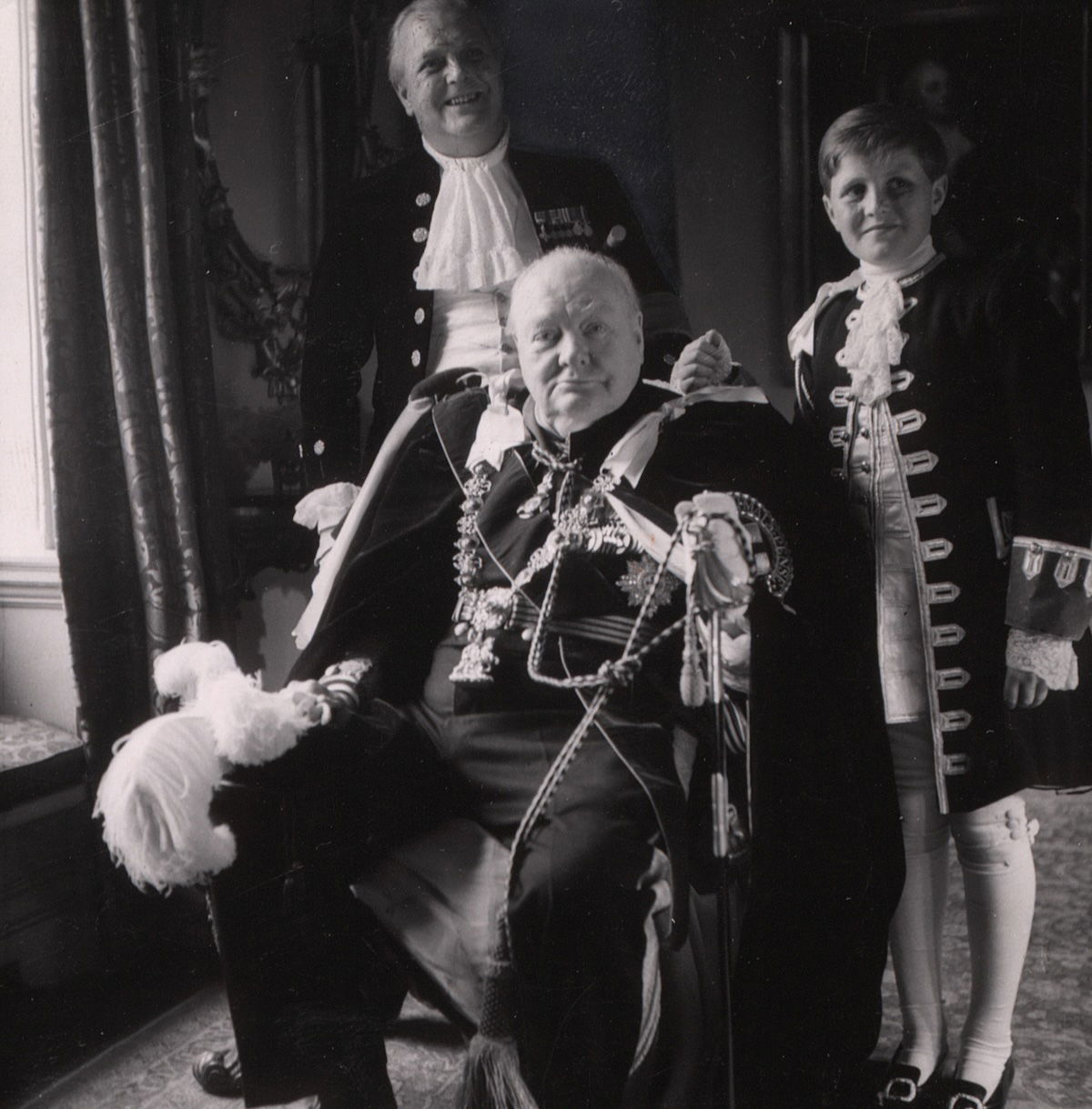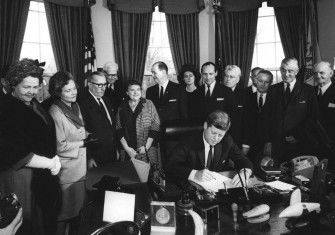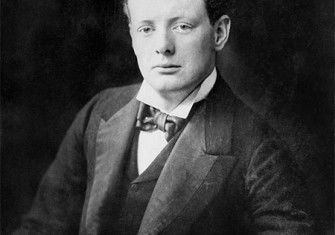Winston Churchill’s Gold Record
Once the Second World War was won, Winston Churchill had two preoccupations: preserving his place in posterity and making lots of money. If they could be achieved simultaneously, so much the better.

Swaddled in a brightly coloured silk dressing gown, his hair ruffled, Winston Churchill was propped up in bed and reading aloud from a sheaf of papers. It was 10 o’clock in the morning and a microphone was in front of him. British troops, he announced, had been successfully evacuated from Dunkirk. The French Army was collapsing and Britain’s great ally was on the brink of being knocked out of the war. The Nazis were swarming in French ports and preparing to invade the British Isles. Though it seemed that Britain was bound to lose the war, Churchill rejected the possibility of suing for peace. ‘We shall fight on the beaches’, he told the microphone, ‘we shall fight on the landing grounds, we shall fight in the fields and in the streets, we shall fight in the hills; we shall never surrender.’ He finished his speech, paused and shuffled his papers. Then he began reading again. His next speech lasted five minutes. Addressing ‘Mr Speaker’, he announced that ‘on Friday evening last, I received His Majesty’s commission to form a new administration’.







